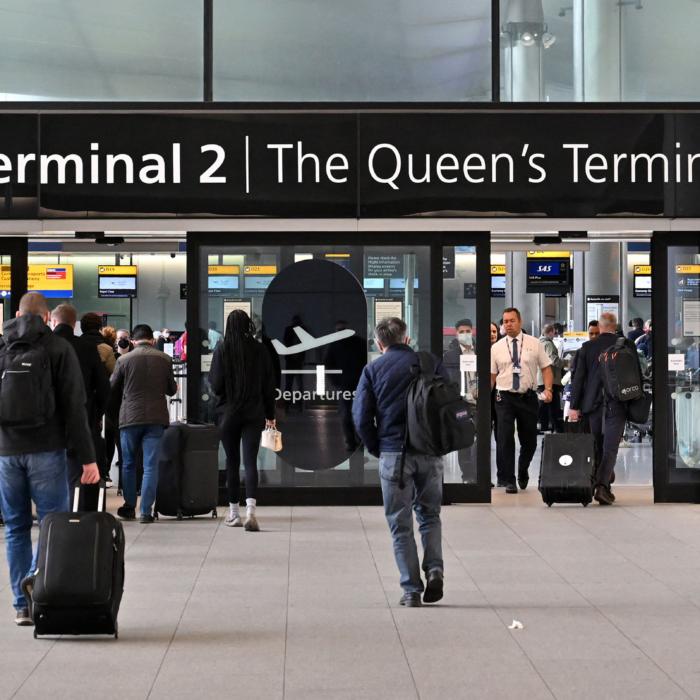The UK economy could have recorded a higher GDP last year, had the government not scrapped the tax-free shopping scheme for international visitors, a think tank has reported.
A fully operational VAT retail export scheme would have attracted two more million visitors, who would spend up to £4 billion more, analysis by the Centre for Economics and Business Research (CEBR) revealed.
In terms of the GDP impact, it would contribute £11.1 billion to the economy, up from the previous estimate of £10.7 billion, CEBR said.
In Northern Ireland, the scheme remains operational.
While the government, led by the then Prime Minister Boris Johnson, believed that the scheme was costly to the UK economy, retail sector leaders criticised the decision to end it.
Analysis of the 2023 Q3 by the CEBR showed that an operational VAT scheme would bring visitor numbers closer to pre-pandemic levels.
“Our analysis suggests that the operation of a tax-free shopping scheme would have helped to close this gap, by encouraging greater visitor numbers and expenditure and producing impacts down the retail supply chain,” said CEBR managing economist Sam Miley.
Calls for Reversal
Last year, British MPs urged the government to reconsider their objection to tax-free shopping.“There is a common perception that tax-free shopping affects only Oxford Street, Bond Street and the west end; however, this issue affects the whole United Kingdom,” said Conservative MP, Sir Geoffrey Clifton-Brown.
He noted that spending outside of London was significant for local economies, including Edinburgh, Manchester, Liverpool, Glasgow and Leeds.
Lawmakers have also called for an independent review assessment on the full impact of tax-free shopping on the UK economy and its tax revenues.
During a parliamentary debate last September, the then-secretary to the Treasury, Victoria Atkins, defended the government’s cost estimates.
She argued that tax-free shopping was still available for all non-UK visitors who purchase items in-store and have them delivered to their overseas address. It also applies to items bought online and delivered to shoppers overseas.
The government is committed to supporting the retail sector, but the chancellor’s priority was “being responsible with the public finances,” Ms. Atkins told the MPs.
Business leaders have called on the Chancellor Jeremy Hunt to restore tax-free shopping.
Tax-free shopping will boost visitor spending ahead of the Paris Olympics in the summer, the business leaders said.
Apart from retail, the letter added that the tax-free shopping scheme will boost spending in hotels, restaurants, museums, and theatres.
The chancellor vowed to “look at the numbers again,” following calls for the reinstatement of the policy.







